
ByteDance to wind down Nuverse in full retreat from gaming -sources
By Josh Ye HONG KONG (Reuters) -TikTok maker ByteDance is set to internally announce on Monday the winding down of
2023-11-27 10:45

Green Stock Selloff Deepens as Tesla Sentiment Sours
The selloff that’s ripped through green stocks looks set to continue into 2024, bringing a fourth consecutive year
2023-11-27 09:21

Australian regulator calls for new competition laws for digital platforms
(Reuters) -Australia's competition watchdog said on Monday new competition laws were required in response to the rapid expansion of digital
2023-11-27 09:17

Battery Prices Are Falling Again as Raw Material Costs Drop
As the auto industry grapples with how to make affordable EVs, the task may get easier by one
2023-11-27 06:52

FC 24 Hero Upgrade Evolution: Best Players to Select, How to Complete
FC 24 Hero Upgrade Evolution details including how to complete the program, the best Heroes to put into the Evolution path and when it expires in Ultimate Team.
2023-11-27 02:22

FC 24 87+ Campaign Mix Upgrade SBC: How to Complete
The FC 24 87+ Campaign Mix Upgrade SBC is now live in EA Sports' Ultimate Team. Here's how to complete the SBC and the best players to pack from it.
2023-11-27 02:15
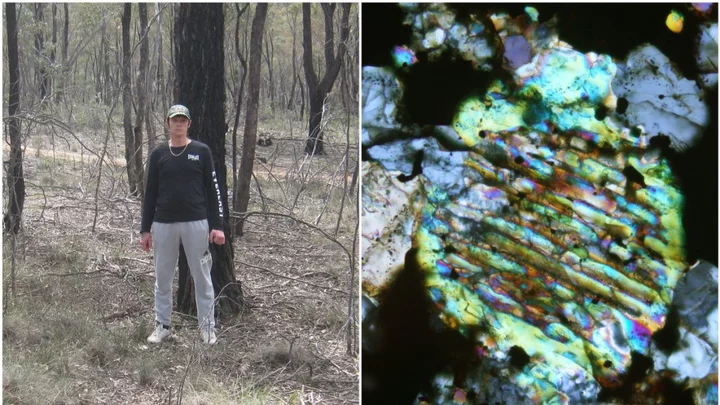
Metal detectorist finds mystery rock that turns out to be worth more than gold
Metal detecting can be a pretty thankless task, with most enthusiasts lucky if they find a couple of quid or an old belt buckle. But for one man in Australia, the experience was out of this world. David Hole was out digging for gold in Maryborough Regional Park, near Melbourne, back in 2015 when his trusty detector alerted him to a strange, red-brown rock embedded in some yellow clay. Hole took the mysterious boulder home with him and did his utmost to crack it open, using a rock saw, a sledgehammer, a drill, and even dousing it in acid, according to Science Alert. And yet, nothing left so much as a dent. Admitting defeat years later, in 2018, Hole took his find to the Melbourne Museum, hoping someone there could explain its impenetrability; convinced it contained a golden nugget. However, the discovery was far more significant than a precious metal: it was a 4.6 billion-year-old glimpse at the birth of our solar system – a rare meteorite that had crashed down to Earth. The museum’s geologists, Dermot Henry and Bill Birch, said they grew excited as soon as Hole pulled the enigmatic rock from his rucksack. Speaking to the Sydney Morning Herald back in 2019, Henry recalled: "It had this sculpted, dimpled look to it. "That's formed when they come through the atmosphere, they are melting on the outside, and the atmosphere sculpts them." Meanwhile, Birch told the paper he knew the specimen was special as soon as he held it. “If you saw a rock on earth like this, and you picked it up, it shouldn’t be that heavy,” he said. Testing soon confirmed their suspicions, as well as the composition of this extraordinary chunk of history. In July 2019, the two colleagues published a scientific paper describing the meteorite, which they christened “Maryborough”, after the area where it was found. The space rock, which measures 38.5cm by 14.5cm by 14.5cm, weighs a staggering 17 kg, and after using a diamond saw to slice through it, the experts discovered that it is what is known as an H5 ordinary chondrite. This means that it contains tiny crystallised droplets (chondrules), that were created by flash heating of dust clouds in the early solar system. "Meteorites provide the cheapest form of space exploration. They transport us back in time, providing clues to the age, formation, and chemistry of our Solar System (including Earth)," Henry said in a statement published by Museums Victoria. "Some provide a glimpse at the deep interior of our planet. In some meteorites, there is 'stardust' even older than our Solar System, which shows us how stars form and evolve to create elements of the periodic table. "Other rare meteorites contain organic molecules such as amino acids; the building blocks of life." The scientist added that the Maryborough Meteorite was most likely formed in the asteroid belt between Mars and Jupiter. Despite all of Henry and Birch’s work, plenty of questions surrounding the rock remain unanswered. They don’t know for sure when it landed on Earth, with carbon 14 testing it was between 100 and 1,000 years ago. Still, multiple meteor sightings were reported in the Maryborough district between 1889 and 1951, so it could have crashed down within this relatively recent time period. Whatever its precise origins, the researchers insist it’s worth more to science than its weight in gold. "This is only the 17th meteorite found in Victoria, whereas there's (sic) been thousands of gold nuggets found," Henry told Channel 10 News at the time. "Looking at the chain of events, it's quite, you might say, astronomical it being discovered at all." Birch echoed this sentiment, adding: “When you consider all the events this chunk of rock has experienced since its formation 4.6 billion years ago, it's really mind-boggling that we get the opportunity to hold it and study it today. How good is that?" Sign up for our free Indy100 weekly newsletter Have your say in our news democracy. Click the upvote icon at the top of the page to help raise this article through the indy100 rankings
2023-11-26 23:24
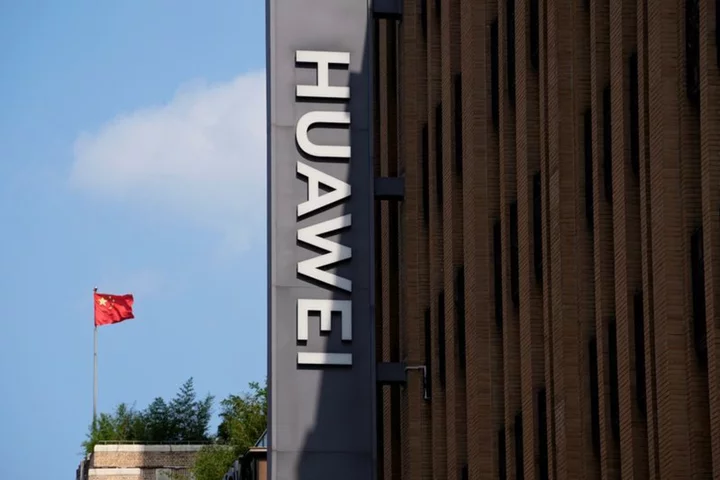
Huawei to move smart car operations to new joint company with Changan
BEIJING (Reuters) -China's Huawei said on Sunday it will move core technologies and resources in its smart car unit, which
2023-11-26 17:54
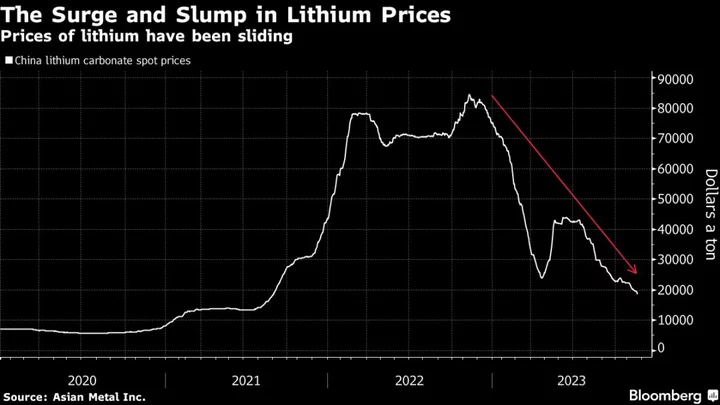
Salt in Batteries: Shift May Herald Another Shakeup
Battery giants are starting to put their money on new sodium-based technology, a sign that there could be
2023-11-26 16:50
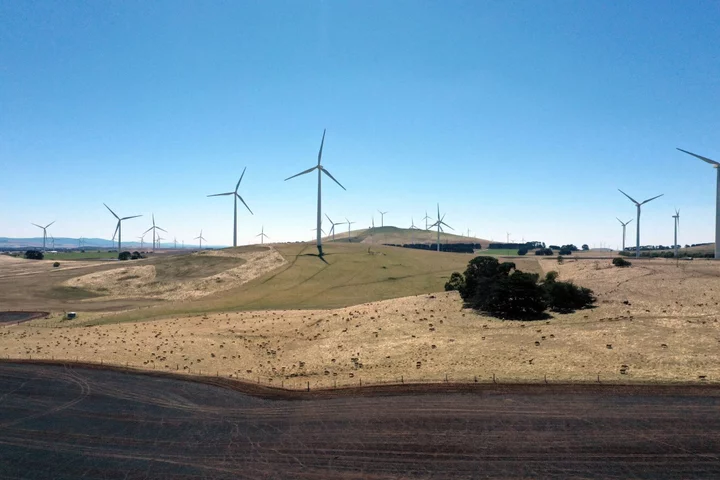
Australia Is Edging Closer to Meeting Its 2030 Emissions Target
Australia is on track to cut its greenhouse emissions by 42% below 2005 levels by 2030, Climate and
2023-11-26 13:59

COP’s Meat Map, Market Rally Faces Risks: Sunday Asia Briefing
Two very different groups gather this week, with the UN's climate summit pushing for further carbon emissions cuts
2023-11-26 10:48
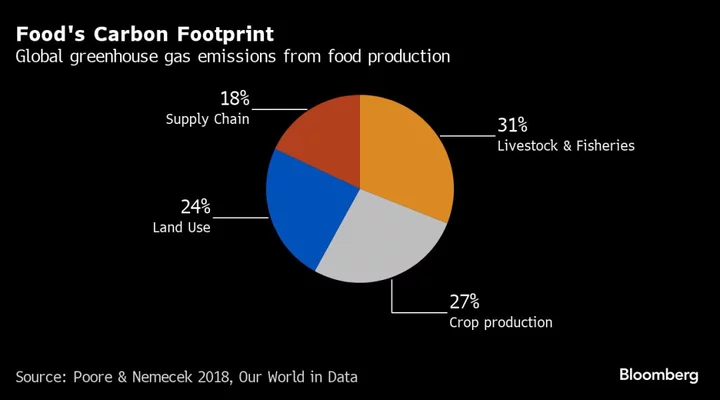
Eat Less Meat Is Message for Rich World in Food’s First Net Zero Plan
The world’s most-developed nations will be told to curb their excessive appetite for meat as part of the
2023-11-26 09:27
